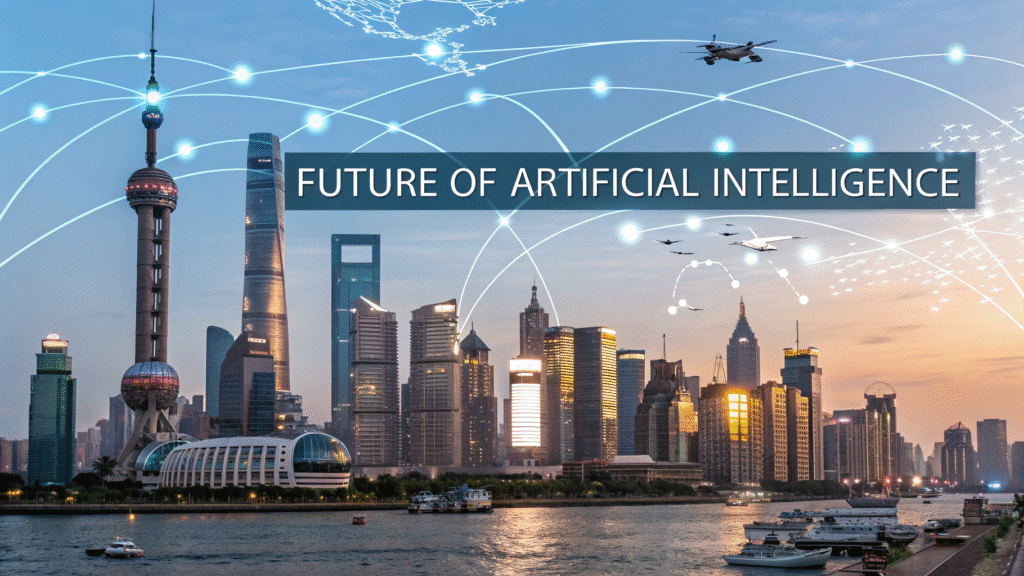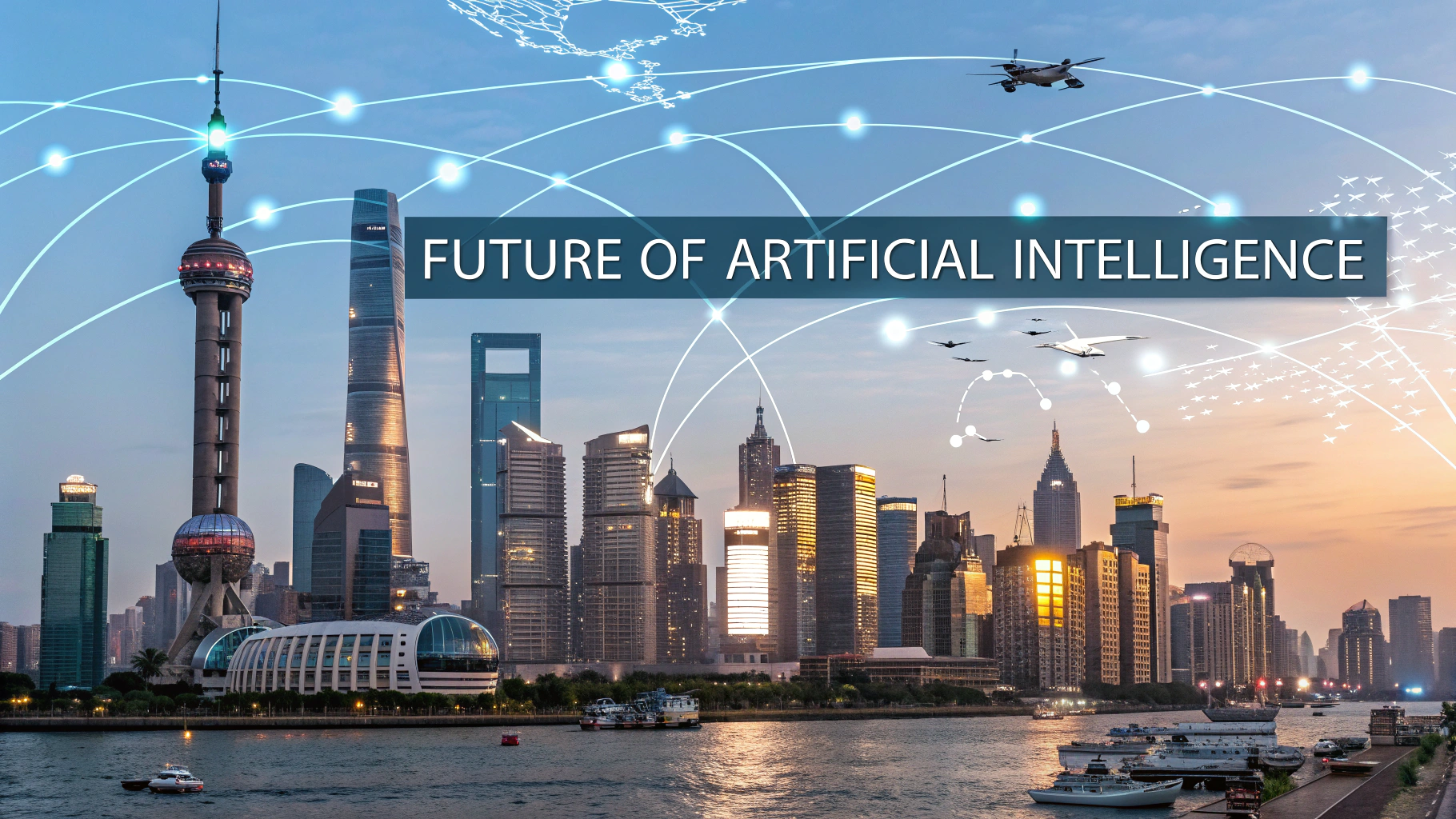Artificial Intelligence (AI) is no longer just a futuristic concept—it is now a core driver of digital transformation across industries. In 2025, AI features are more advanced, accessible, and integrated into everyday life, shaping the way businesses operate and how people interact with technology.
With rapid progress in natural language processing, generative AI, computer vision, and predictive analytics, AI is not just automating tasks but also creating opportunities for growth, innovation, and efficiency.
In this article, we explore the top AI features revolutionizing technology in 2025 and how they are impacting industries worldwide.

1. Advanced Natural Language Processing (NLP)
Natural Language Processing (NLP) has reached new heights in 2025. AI-powered tools now provide real-time translations, human-like conversations, and emotion-sensitive responses.
Benefits of NLP in 2025:
- Seamless multilingual communication.
- Smarter AI assistants for businesses and individuals.
- Automated customer support with natural responses.
- Efficient summarization and content generation.
Example: Multilingual chatbots allow businesses to expand globally without language barriers.
2. Generative AI for Content Creation
Generative AI has evolved beyond text—it now creates images, videos, music, and even 3D models. Businesses leverage this feature for content marketing, product design, and creative projects.
Applications:
- Automated blog writing & SEO optimization.
- AI-powered video production for marketing.
- Music and art creation.
- 3D model generation for design and manufacturing.
Impact: Generative AI allows companies to scale content production while maintaining quality.
3. AI-Powered Personalization
Personalization is one of the strongest AI features of 2025. Using data from browsing behavior, preferences, and purchase history, AI delivers hyper-personalized experiences.
Examples:
- E-commerce platforms recommend tailored products.
- Education apps design custom learning paths.
- Healthcare platforms create personalized fitness plans.
Result: Higher customer satisfaction and increased conversions.
4. Autonomous AI Systems
Autonomous AI systems are becoming mainstream in industries like transportation, robotics, and logistics.
Key Features:
- Self-driving cars with enhanced safety.
- AI-managed warehouses and factories.
- AI-powered drones for delivery and surveillance.
Impact: Businesses reduce costs and improve efficiency with AI autonomy.
5. AI in Cybersecurity
As cyber threats evolve, AI plays a critical role in security. AI algorithms can predict, detect, and prevent attacks in real time.
Cybersecurity Features:
- Fraud detection in banking.
- Automated cyber defense responses.
- Predictive analysis of vulnerabilities.
Example: Financial institutions use AI to monitor transactions and stop fraud instantly.
6. Predictive & Prescriptive Analytics
AI-driven analytics helps businesses forecast trends and recommend solutions before problems occur.
Benefits:
- Accurate sales forecasting.
- Predictive healthcare diagnostics.
- Smart supply chain management.
Example: Hospitals predict patient health risks, allowing early intervention.
7. AI in Healthcare Innovation
In 2025, AI has transformed healthcare by making it faster, more accurate, and more accessible.
Innovations:
- AI-powered medical imaging for early disease detection.
- Virtual health assistants for patients.
- Faster drug discovery with generative AI.
Result: Reduced costs and improved healthcare accessibility.
8. Conversational AI & Virtual Agents
Conversational AI powers 24/7 customer service and personalized support across industries.
Applications:
- Banks offering AI-powered financial advice.
- Airlines providing real-time booking and flight support.
- Education platforms with AI tutors.
SEO Advantage: Improves website engagement and reduces bounce rate.
9. Edge AI for Faster Processing
Edge AI allows data to be processed locally, making devices faster, safer, and more efficient.
Benefits:
- Reduced latency for real-time tasks.
- Improved privacy with local data processing.
- Energy-efficient computing.
Example: Smart home devices now respond instantly without cloud dependency.
10. Ethical & Responsible AI
With growing adoption, ethical AI has become a necessity. In 2025, companies focus on:
- Eliminating bias in AI decisions.
- Building transparency in AI processes.
- Establishing AI regulations and accountability.
Impact: Trust-building between businesses and customers.
Future Outlook: What’s Next for AI?
The future of AI is moving toward Artificial General Intelligence (AGI)—machines capable of learning and thinking like humans. AI in 2025 is paving the way for smarter, safer, and more sustainable technology adoption worldwide.


